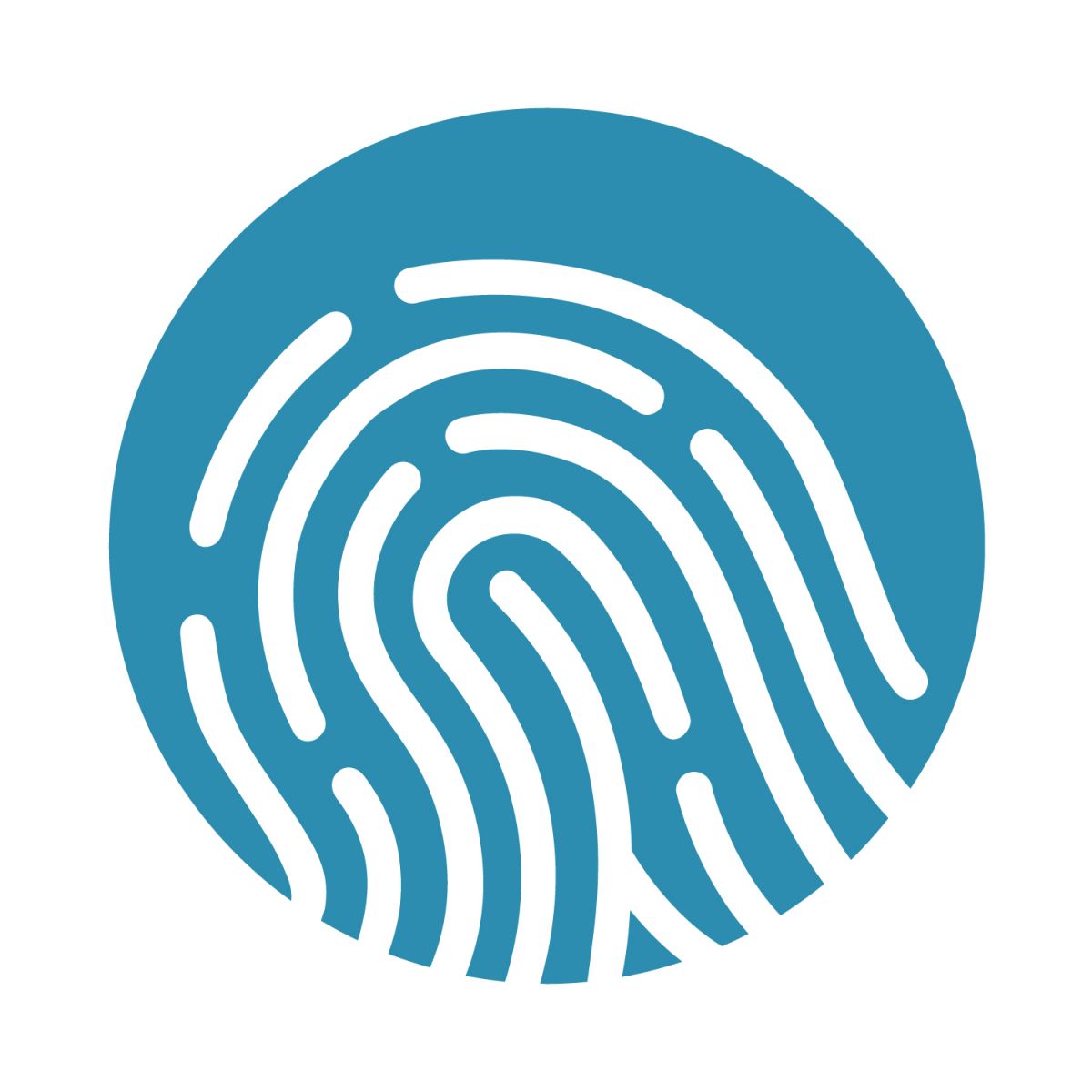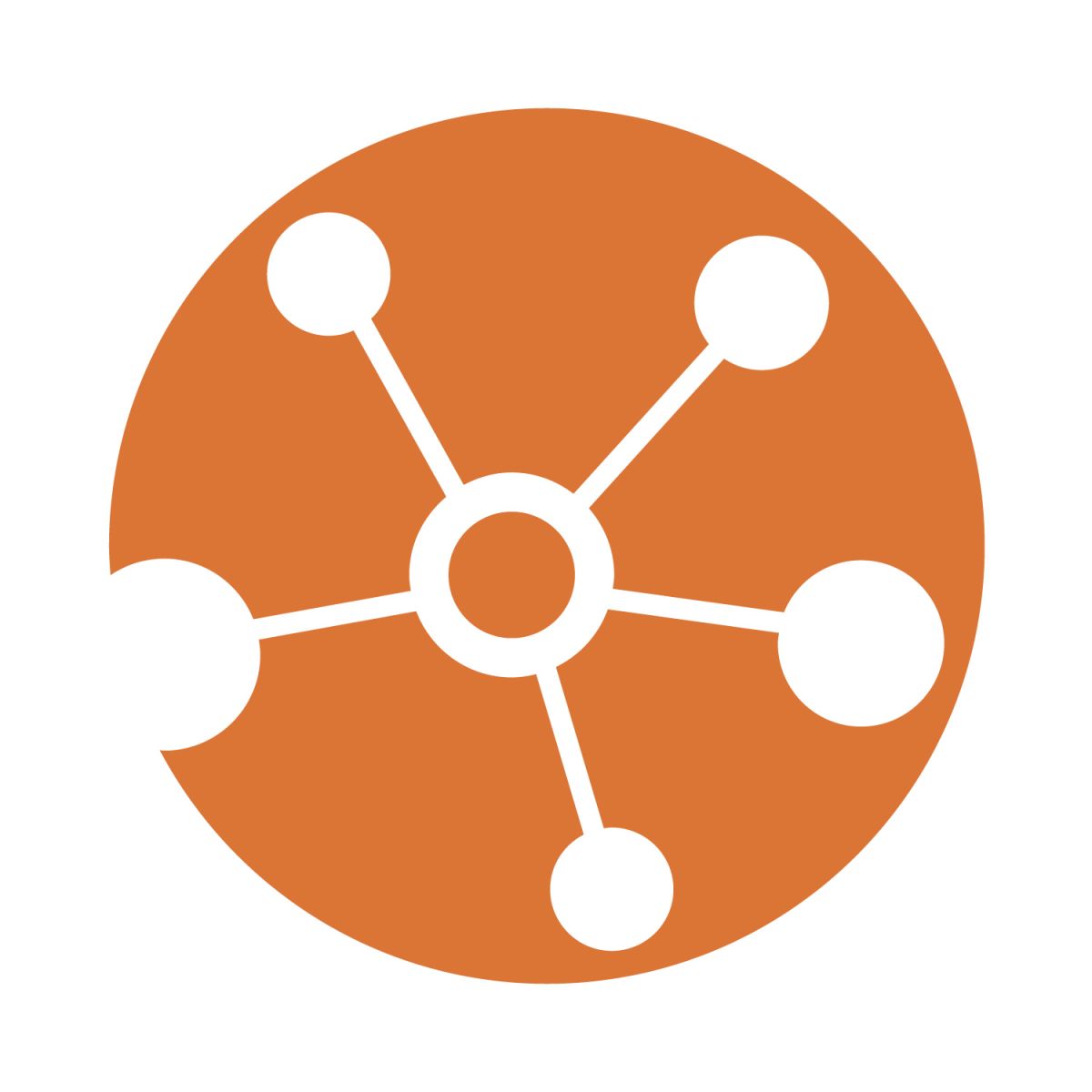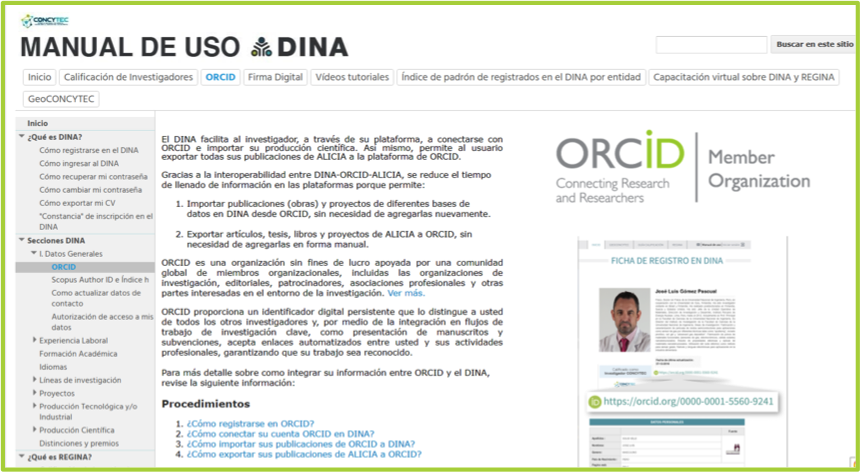In this month’s Collect & Connect update, we are thrilled to feature three members from Latin America.
First up is Consejo Nacional de Ciencia, Tecnología e Innovación Tecnológica 


 , the National Council of Science, Technology, and Technological Innovation (CONCYTEC), who manage a nationwide network of science organizations and researchers in Peru, as well as consulting on science and technology policy. They joined us in 2015, the third organization in Latin America to become a member of ORCID. Their interest in ORCID “began a couple of years ago with the aim of facilitating the registry of the researchers’ scientific production in the National Directory of Researchers and Innovators (DINA)”. The organization launched their integration in July 2016 and, one year later, were awarded the Authenticate, Collect, Display, and Connect badges. A true ORCID pioneer in their region and the first Latin American member to be recognized in our Collect & Connect program!
, the National Council of Science, Technology, and Technological Innovation (CONCYTEC), who manage a nationwide network of science organizations and researchers in Peru, as well as consulting on science and technology policy. They joined us in 2015, the third organization in Latin America to become a member of ORCID. Their interest in ORCID “began a couple of years ago with the aim of facilitating the registry of the researchers’ scientific production in the National Directory of Researchers and Innovators (DINA)”. The organization launched their integration in July 2016 and, one year later, were awarded the Authenticate, Collect, Display, and Connect badges. A true ORCID pioneer in their region and the first Latin American member to be recognized in our Collect & Connect program!
As a service of their National Directory of Researchers and Innovators (DINA), CONCYTEC has developed an ORCID integration that allows researchers to easily connect their ORCID iDs to their DINA account. Researchers can also save time and reduce errors by importing publications from their ORCID iDs into DINA and exporting their publications from the National Digital Repository ALICIA to their ORCID records. The work has had “a positive impact and great acceptance in the researchers”, with more than 7,000 researchers using the integration since July 2016.
 CONCYTEC also comments that, “another challenge was the constant promotion and communication on the benefit of this integration to the researchers enrolled in the DINA. For this purpose, we developed an online manual that contains the didactic procedures and videos on how to register in ORCID, how to integrate the ORCID user account in the DINA, how to import publications, among others”. Communication is a key element of Collect & Connect, and much of CONCYTEC’s success is due to their focus on this. As well as effectively explaining what ORCID is and how it saves researchers’ time, their website features a series of tutorial videos that demonstrate how to connect an ORCID iD to DINA, how to import publications from ORCID to DINA and how to export publications from ALICIA to ORCID. And CONCYTEC’s engagement activities don’t end there – they also mention that “to strengthen this process we offer face-to-face and virtual workshops for researchers called Friday of DINA and REGINA” for those interested in learning more about their systems, including the integration with ORCID.
CONCYTEC also comments that, “another challenge was the constant promotion and communication on the benefit of this integration to the researchers enrolled in the DINA. For this purpose, we developed an online manual that contains the didactic procedures and videos on how to register in ORCID, how to integrate the ORCID user account in the DINA, how to import publications, among others”. Communication is a key element of Collect & Connect, and much of CONCYTEC’s success is due to their focus on this. As well as effectively explaining what ORCID is and how it saves researchers’ time, their website features a series of tutorial videos that demonstrate how to connect an ORCID iD to DINA, how to import publications from ORCID to DINA and how to export publications from ALICIA to ORCID. And CONCYTEC’s engagement activities don’t end there – they also mention that “to strengthen this process we offer face-to-face and virtual workshops for researchers called Friday of DINA and REGINA” for those interested in learning more about their systems, including the integration with ORCID.
Future developments include migrating to API version 2.0 “to improve the functionality of DINA and to incorporate the DINA user ID into ORCID”.
Congratulations to CONCYTEC – we hope their story inspires other member organizations to integrate with ORCID, and benefit from their advice “to focus on the service that will be provided to the users, to start the project by analyzing the technical information available at ORCID and to familiarize themselves with the API”. The full transcript of our interview with them can be found here.
Our second featured Latin American member is Redalyc 





Based in Mexico, they offer a platform to create an author page, generate indicators, and identify papers published in Open Access journals indexed by Redalyc. Their ORCID Search & Link wizard, launched in January 2016, allows researchers to connect their iD to Redalyc, and to transfer works from Redalyc to ORCID, including their Redalyc identifier. More than 5,000 researchers have at least one work added by Redalyc and more than 26,000 publications have been added to the Registry. Their integration is the first in Latin America to achieve all five badges – Authenticate, Collect, Display, Connect, and Synchronize – a fantastic achievement!
Last but not least, congratulations to Universidade de Campinas 
 who are collecting authenticated ORCID iDs from their researchers, and have also developed training material about ORCID and their integration. Their integration launched in March and already more than 100 researchers have connected their iDs.
who are collecting authenticated ORCID iDs from their researchers, and have also developed training material about ORCID and their integration. Their integration launched in March and already more than 100 researchers have connected their iDs.
The following ORCID members were also awarded Collect & Connect badges in August:
Lingnan University collects researchers’ ORCID iDs and synchronizes researchers’ affiliations and works on their ORCID records.
University of Lausanne (UNIL) integrates ORCID with their institutional platform Unisciences, which allows researchers to connect their iD and import/export publication data from/to ORCID & UNIL’s institutional repository (Serval).
Our thanks and congratulations to all our featured members this month!
Would you like to know if your integration qualifies for a Collect & Connect badge? Contact us! We’d love to review and recognize your work!
